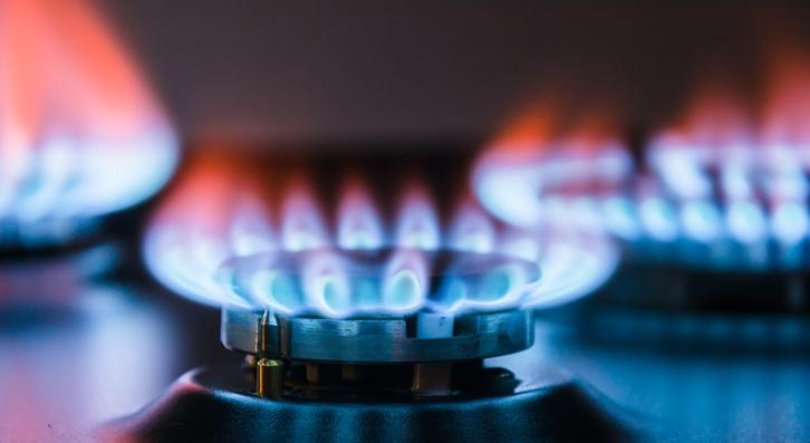GasQual – A commitment to Europe-wide uniform quality of H-gas

The European GasQual project
Against the backdrop of the need for a Europe-wide uniform standard for the gas quality of H-gas, the GasQual project is progressing at national and European level.
The background to this project is the desire of the EU Commission and interested parties to set Europe-wide uniform standards for the quality of H-gas, that are as broad as possible, the integration of gases from different regional sources as well as decentralised regenerative gases, such as biogas or hydrogen or synthetic gases generated from it in power-to-gas plants, to enable and reduce the dependence of the gas supply on a few sources.
Contact
DVGW main study on gas quality
After phase I of the DVGW main study on gas quality with the participation of figawa at the end of 2016 to analyse the economic effects of gas quality fluctuations on the gas consumption sectors and their compensation, figawa also participated in Phase II of the research project in recent years together with other associations.
Thus the member companies of the GIS and WLE working groups of figawa and the VHB compiled and provided the relevant technical data, such as the specific properties and performance characteristics of the decentralised heating systems in a manufacturer-neutral format.
In addition, a detailed commentary on the draft report was prepared in cooperation with the BDH.
The results of phase II have not yet been published.
European project for revision of EN 16726
The results of the DVGW research project are used by the German side in the European project "Pre-normative Study of H-Gas Quality Parameters". It is intended that in the next few years this project will develop a proposal for a possible scope for the revision of EN 16726. The CEN Sector Forum for Gas (CEN SFG) has collected and consolidated the necessary data for this within the scope of the survey "Simple Scenario Assessment Survey" (SSAS).
The necessity of developing a roadmap for the future condition and application of gas as an energy source is evident. There is a great opportunity for figawa to significantly shape this development process, as the figawa members represent the entire value chain and thus the know-how of gas as an energy source is available throughout the entire process chain, from generation, storage and transport, measurement and control through to application.